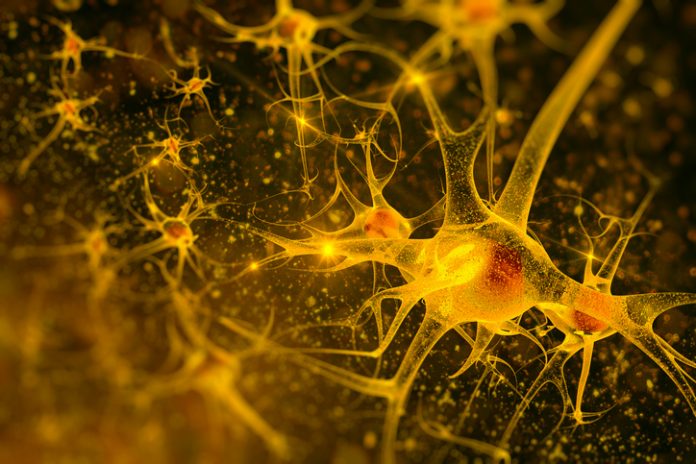
A team of researchers at the Northwestern University Feinberg School of Medicine have published findings linking a variant of the UBQLN4 gene to amyotrophic lateral sclerosis (ALS)—commonly referred to as Lou Gehrig's disease for the New York Yankees great who was forced to retire from baseball due to ALS. The study, published in eLife, details how the gene variant disrupts a cellular process that drives motor neuron development. The discovery provides a potential target for treatment of the disease.
“We know that many genes are involved in ALS, and a major goal in the field is to identify as many of these genes as we can so we can uncover targets for treatment at the cellular level,” explained lead study investigator Brittany Edens, a graduate student at the Ann & Robert H. Lurie Children's Hospital of Chicago. “We found that UBQLN4 gene variant interferes with a pathway involved in breaking down a certain protein called beta-catenin, and the resulting accumulation of this protein leads to defects in the motor neuron structure. These defects likely make motor neurons vulnerable to progressive degeneration seen in ALS.”
Employing a zebrafish model, the investigators were able to reverse the defects caused by the UBQLN4 gene variant by inhibiting the beta-catenin signaling pathway with the drug quercetin. Importantly, these findings suggest that this pathway could be targeted for treatment. More research will be needed before a similar drug could be shown to work in people with ALS.
“At this stage, it is unclear how many people with ALS have the UBQLN4 gene variant, and this will be important to determine,” noted senior study investigator Yongchao Ma, Ph.D., assistant professor of developmental-behavioral pediatrics at Northwestern University Feinberg School of Medicine. “Another important next step will be to assess whether the disease mechanism we describe is common to other forms of ALS.”
As it is estimated that ALS occurs in 20,000 Americans at any given time, with more than 6,000 new cases diagnosed each year, these new insights open the door to potential treatment targets for ALS.
“Another intriguing aspect of our study is the molecular link we have established between ALS and spinal muscular atrophy, or SMA, which is a pediatric motor neuron disease,” Ms. Edens concluded. “We see a similarity in the increase of beta-catenin, which causes defective motor neuron development. So even though the genes that cause ALS and SMA are different, they might share a common pathway that affects motor neuron structure and function.”
Previous research led to the discovery of mutations in the UBQLN2 gene, which causes ALS and ALS/dementia in children and adults. Due to these previous findings, the research team focused their efforts on screening the entire UBQLN family of genes in a large cohort of patients with familial ALS—resulting in the identification of the UBQLN4 mutation.











